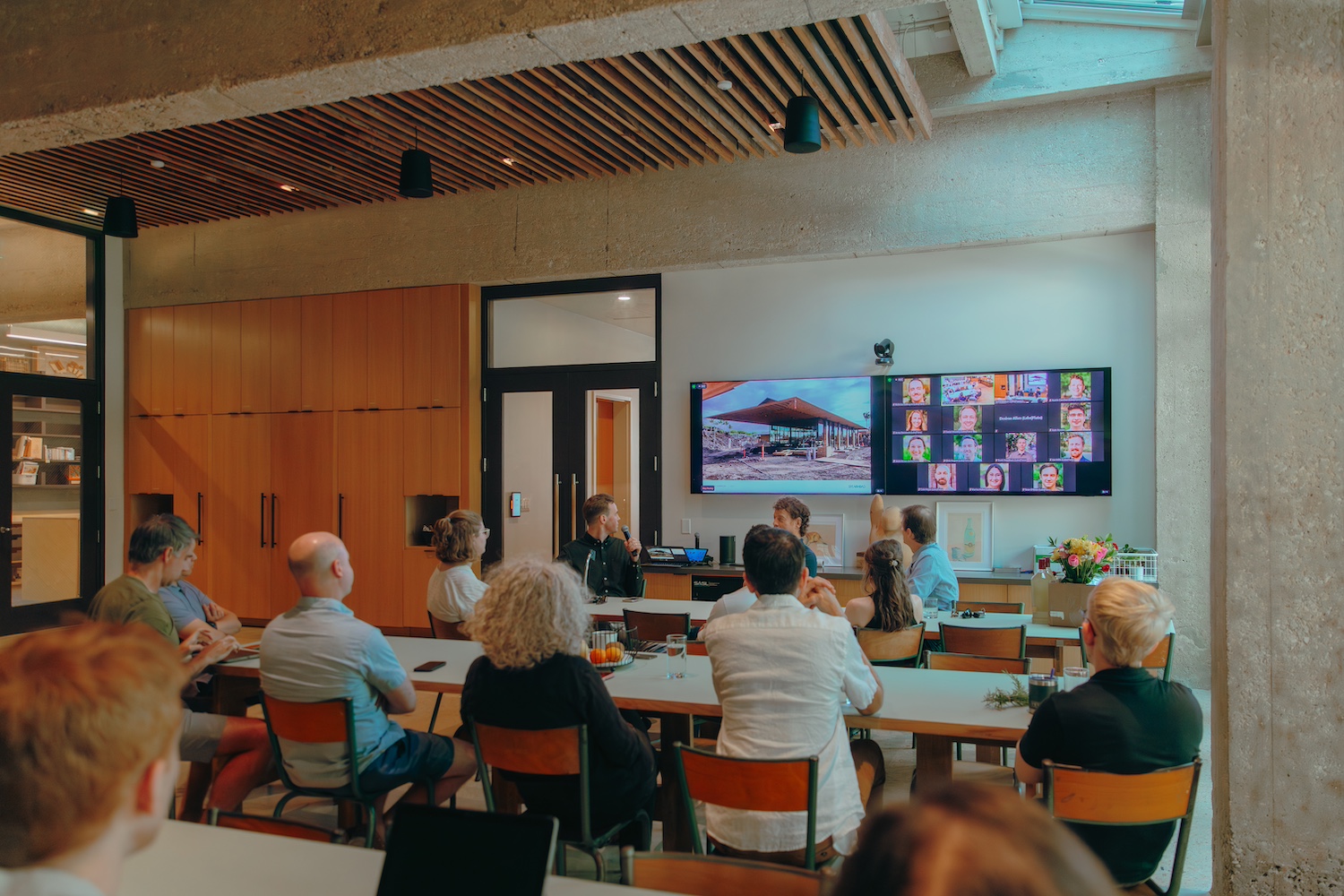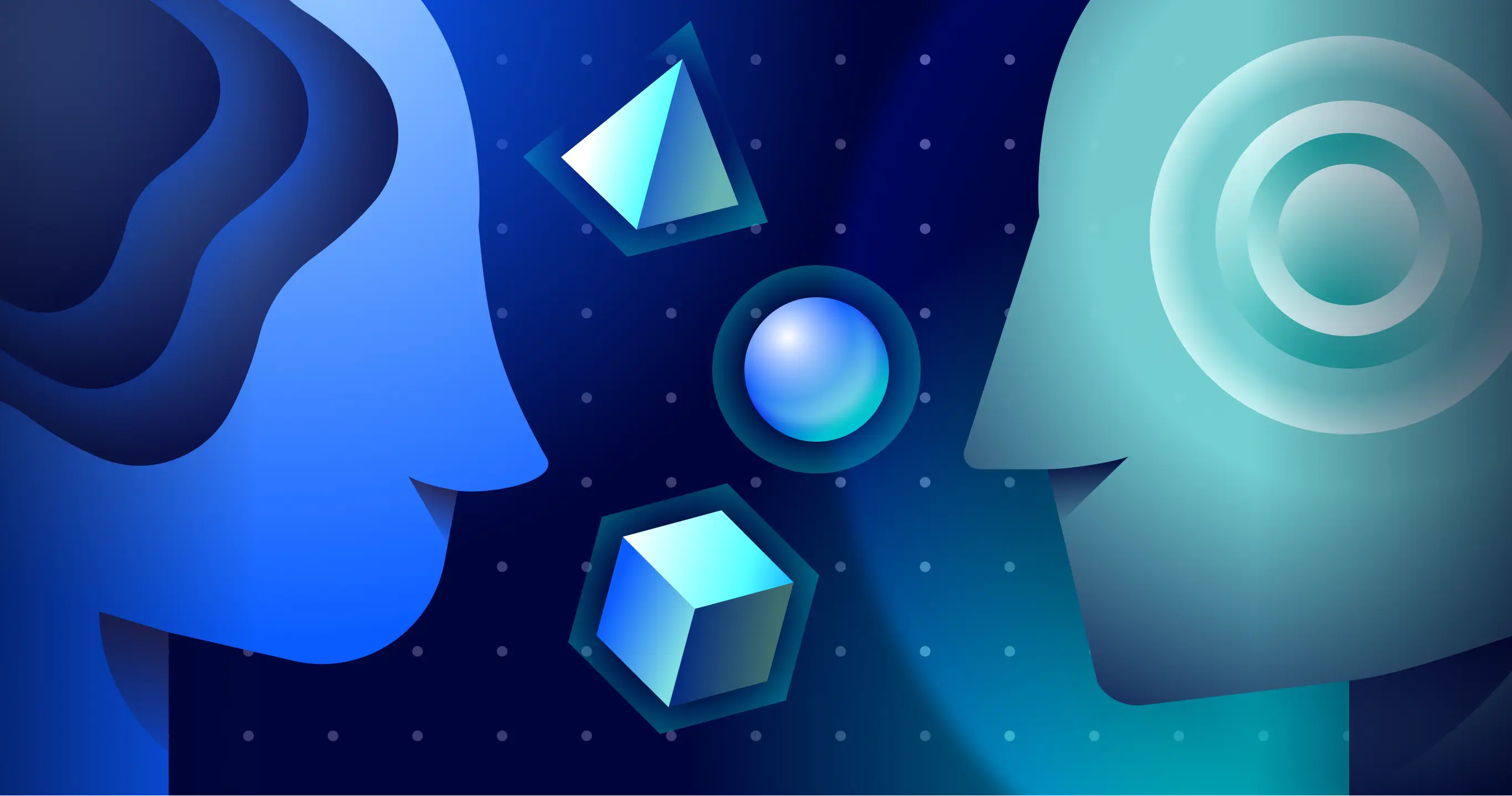
7 work environments and how to build a strong one for your employees
Explore seven types of work environments, who they’re best for, and examples. Plus, learn how to create a positive workplace for your employees.
Updated on May 31, 2023
Published on May 25, 2023


As Zoom’s Chief Product Officer, Smita is responsible for leading Zoom’s product management. She is an industry veteran with 20+ years of product management experience across Google and Microsoft. Her product experience spans leading the delivery of television over IP networks at Microsoft, leading and scaling Google Meet, and, more recently, managing real-time communications platforms and products at Microsoft Teams. Beyond video, Smita has led Google Voice (Phone), Google Calendar and Tasks, Google Adwords product suite for local advertisers, and Google Chromebooks device portfolio and ecosystems.
Smita grew up in India, where she received her B.Tech in Electrical Engineering at IIT Kanpur. She then received her master's from Princeton University in EECS and a Ph.D. from UC Santa Barbara, where she focused on image and video compression.
Smita is a recipient of the IIT Kanpur Distinguished Alumni Award and founder of the IIT Kanpur Women Alumni Network WIN.
Everywhere you turn, there’s an article about how AI innovation will change the workforce and the world. And when you think about how quickly the field of artificial intelligence is moving, it’s clear that what we’re calling the “future of work” is evolving furiously.
Companies including Zoom have been using AI for years to improve the user experience and automate business processes. In recent months, the technology has gone mainstream with the explosion of large language model experiences like ChatGPT, which are being used by millions of people to ask questions, have ongoing conversations, generate stories, write poems, and help in everyday tasks like drafting emails or summarizing chats and meetings.
New AI innovations are emerging every day, including coding, HR processes, and content writing, veering into territory traditionally owned by knowledge workers. But people are wondering what this means for them, and we’re all wondering how to keep human connection front and center in this new age of technology.
Human connection is central to what we do here at Zoom, and our approach to AI is no different. We believe artificial intelligence has the power to bring people together by allowing us to focus on work that matters. Our AI innovations will help you do just that by improving productivity, powering collaboration with your teammates, and enhancing how you connect with your customers.
Our most recent Work Transformation Summit focused on the intersection of artificial intelligence and human connection. Who better to address that topic than Pascal Bornet, AI expert and author of “Intelligent Automation”? Here, I expand on my keynote conversation with him to discuss the promise of AI — and how it could help us spend our time on more meaningful work.
You’re a big fan of automation and how humans benefit from it — some may call you a technology optimist. How would you say AI innovation can benefit humans, and how will it impact our work?
One of my core passions is making the world more human through technology. I believe that the right use of technology can improve our humanity by improving health, education and work. We spend a lot of time in our lives working, but based on a survey of employees, more than 85% of workers aren’t fulfilled by their work. AI can help us evolve from knowledge workers to insight workers.
What do you mean by insight workers, and how do we get there?
There are three kinds of work we do on a daily basis that technology can impact or change drastically. About one-third of our tasks — those unproductive meetings and emails that don’t have any impact — can be eliminated. Another third of our work — the repetitive, transactional activities, the boring logistics — can be automated.
When the bulk of our work has been eliminated or automated, we can focus on the activities that involve intelligence. This is the work that only we as humans can perform: providing insights, fostering collaboration, and making decisions. The role technology will play here is in helping us augment our ideas.
Generative AI is one of those tools that’s helping people and companies augment their ideas and ways of working. How are companies using it today?
I’ve seen some great use cases from companies, just in the last few months. For example, in marketing, a team can use large language models to generate personalized messages for their clients. A finance team can use it to digest hundreds of pages of financial reports from subsidiaries. I’ve seen a human resource department creating personalized training for their people. I use it personally on a day-to-day basis for research and idea creation.
There are understandable concerns about the limitations of this technology — we’ve seen reports of chatbots generating inaccurate or totally made-up answers. What should people keep in mind when using generative AI like ChatGPT?
What I like about generative AI is that it allows us to have a discussion with technology. But large language models don’t understand the meaning of what they’re saying. When you use ChatGPT, it seems to communicate with you, it seems to know things, but it’s just collecting words and putting them together. So we need to be aware of inaccurate or inconsistent information coming out of these systems, because, at the end of the day, they are mathematical systems.
AI isn’t immune to bias, either. What’s the issue there, and what can we do to avoid it?
Yes, we also need to be aware of answers that may show bias. For example, if you ask ChatGPT to tell you a story about a doctor, it will use “he” or “him,” implying the doctor is male. These models have been trained on human data, so any biases we have as humans will be reflected. We need to make sure the data we’re using isn’t only coming from one source. Keeping our human biases in mind and having a critical eye when looking at patterns of data will help. That’s why critical thinking is something we need to cultivate.
In addition to critical thinking, what skills should people develop in order to adapt and incorporate AI into what they do?
There are three skills that we need to build in this new age, and critical thinking is one. There is one thing we can do that technology can’t — which is question what is given back to us. We can ask, “How do we make sure this is reliable? Is it giving us the full picture?” Critical thinking is something we need more than ever when we are given information that may or may not be true. We have to be able to criticize, to question.
The second skill is building relationships. Computers will never be able to do it better than us because we have the empathy to know what another human is expecting.
The third is creativity — and I’m talking about real creativity, not what large language models do. ChatGPT can tell a story by combining different existing components. Creativity is about creating new components. It’s what we do with our minds, but it also involves our personalities, our background, our specific traits that make us unique. We create novelty, and artificial intelligence can’t do that.
It’s clear there are business benefits to things like automation, but lots of people have concerns about what this means for their jobs. What would you say to those people who are worried all this AI innovation will replace their roles?
This has happened before in human history. New technology was invented and it did create redundancies, but it also created more jobs. Some people believe there’s no reason to think this age of AI innovation will be any different. It’s just another automation.
But there is another school of thought that this time will be different. In the past, we had time to retrain ourselves to new topics. This time, it’s moving so fast. Artificial intelligence capabilities are evolving exponentially, and we need to be able to keep up, to be adaptable, to learn how to learn in an increasingly complex world.
Those three skills we talked about earlier — critical thinking, relationship-building, and creativity — will make workers less likely to become redundant with technology. But the level we need to build those skills is almost to the point of recreating them.
What does the future of work look like in 20 years?
Technology will generate additional value by doing repetitive tasks better, faster, and by augmenting humans. My hope is that we share that value equally through mechanisms such as Universal Basic Income. We don’t want a future where only the rich benefit and enrich themselves from technology. The future with technology belongs to everyone, none should be left behind. And the good thing is that because technology will free us up from tedious tasks, the world of work in the future may involve us working less. Hence, we will have more time for leisure, family, friends — basically, what makes us human!
I’m incredibly grateful to Pascal for sharing his insights with us. If you’d like to hear more of our conversation, and learn how our customers are incorporating AI into their work, check out our Work Transformation Summit on demand.